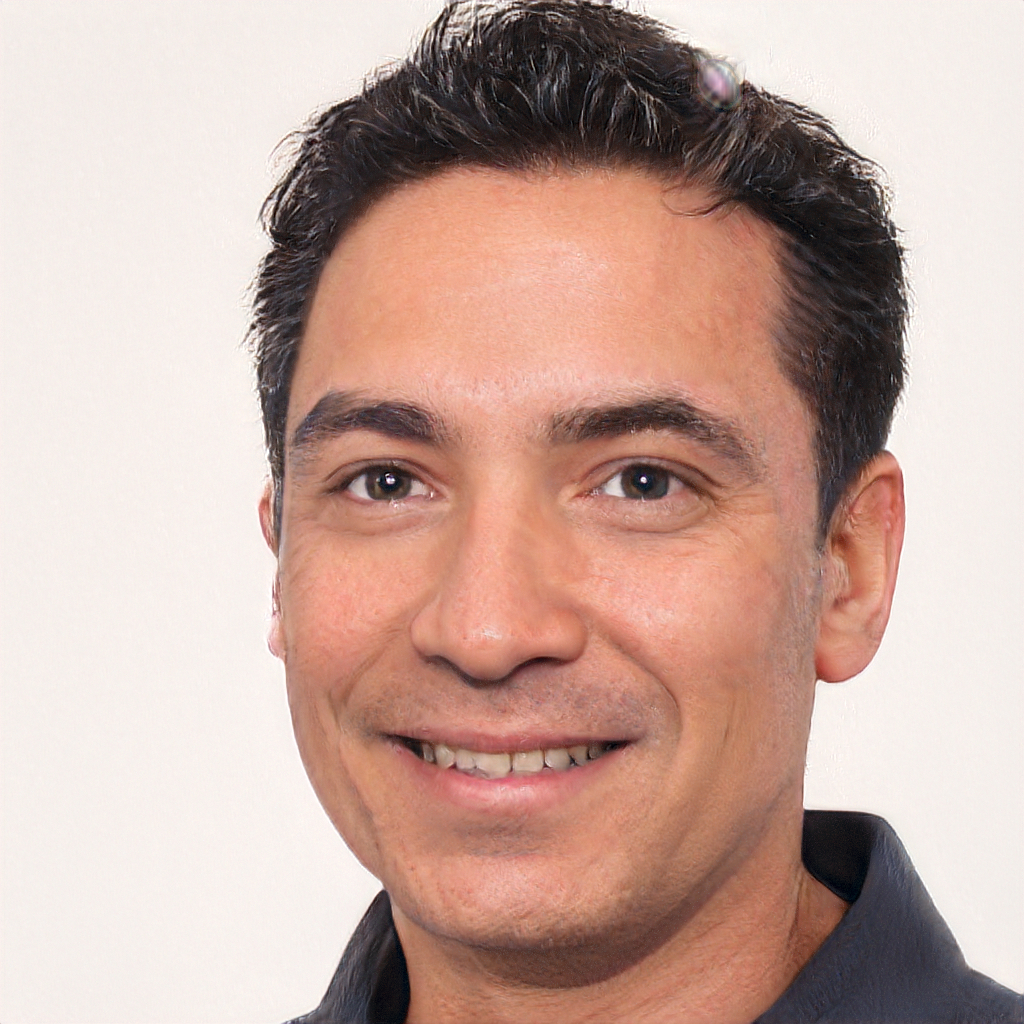Music can awaken the spirits, promote our concentration or contribute to the relaxation of the soul. Above all, however, music can provide comfort, a task that church music has fulfilled for hundreds of years. A guest contribution by Frank Uwe Lieflander.
The purpose of church music is primarily to praise God. But that is by no means its only function. Whether at funerals, weddings, masses, devotions, prayer meetings or other occasions – church music always has a pastoral power as well. The intensity is always the same, even if not all concerned express it in such extroverted terms or directly perceive the healing functions of sacred music. Its usefulness for pastoral care and therapy, however, cannot be overestimated. For in addition to the music itself, the setting in which music is played also plays a major role: making music together creates a sense of cohesion, provides harmony and sociability. These are all fundamental characteristics that can also be found in a contemporary pop concert, but have their origins in church music.
Spiritual vs secular sounds
But does this really apply to everyone? The ‘normal consumer’ or also an inactive churchgoer like a believer? The connection between music and the human psyche is now quite well documented. No question, secular music can also give comfort and support to people. And it makes use of some of the same mechanisms. Film music is a good example: In particularly dramatic scenes of a tragedy, it uses the same expressive formulas as good church music.
The great 1984 film Amadeus showed how church music can be combined with modern pop culture. All the music in it is by Mozart and is at the heart of this drama. After the worldwide distribution of this film, global sales of Mozart rose to over 50 percent. One can speculate about the reason for this, but the example indicates that interest in sacred music has declined more because it is generally less advertised and marketed than secular sounds.
If especially the older church music in our time gets relatively little popularity among young people, I understand this above all as a problem of our time. For the music itself, if it is authentic, will outlast every fashion. For better answers we just have to put a Mozart Requiem on the record player and listen properly. For these mysteries are difficult to put into words. As Goethe said: “Music begins where words end”.
About Frank Uwe Lieflander
As assistant professor and lecturer of church music and conductor, Frank Uwe Lieflander can look back on more than 30 years of expertise. In addition to singing, piano and composition, Lieflander has also distinguished himself as an orchestra leader, musical director as well as a private teacher. After working abroad for some time, the Göttingen native now works for the diocese of Augsburg.

Born 1981 in Strasbourg, is a freelance journalist for various online media throughout Europe, focusing on finance, real estate and politics. He gathered his professional expertise as a consultant for global players and medium-sized companies. Fournier studied economics and german in Paris and Dresden. He currently lives in Saarland and has been a member of the Euro Leaders team since the beginning of 2019.